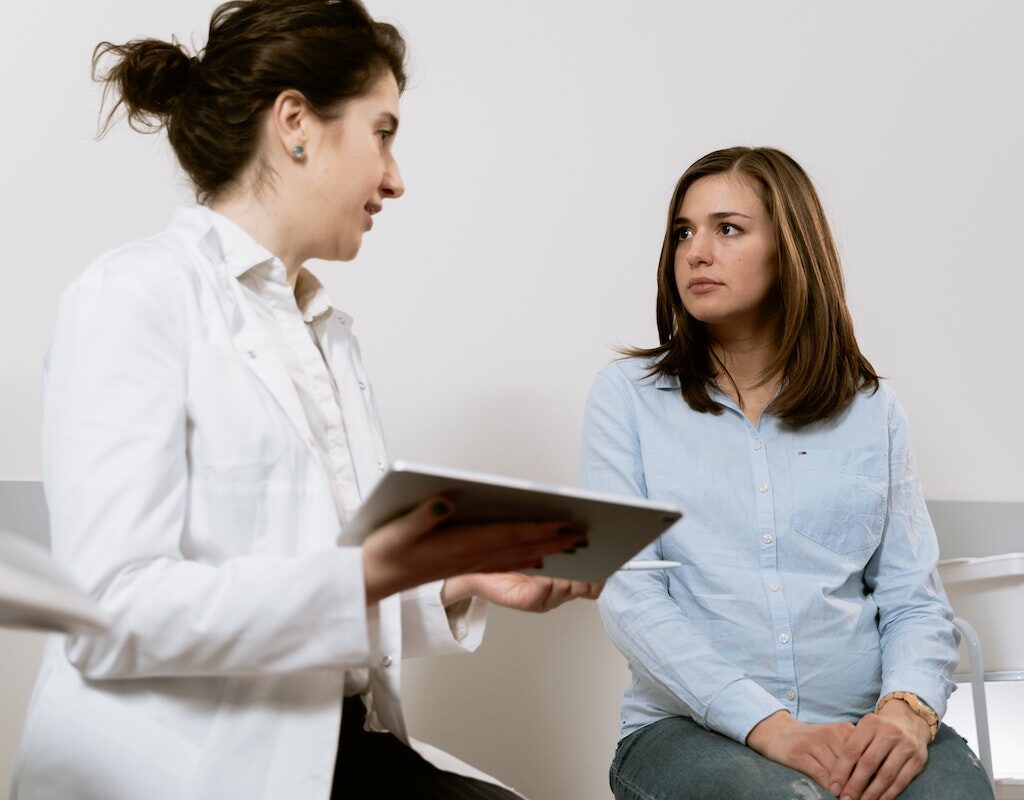If you’re pregnant, you may need antibiotics to treat an infection. It’s important to know which antibiotics are safe to take during pregnancy and when it’s best to avoid them. This blog will discuss the use of antibiotics during pregnancy, including which ones are safe and which ones you should avoid. We will also provide some tips on how to stay healthy during pregnancy.

If you are pregnant and have an infection, it is essential to see your healthcare provider. They will determine if you need antibiotics. Some infections can be very dangerous for pregnant women and their babies. If you need antibiotics, your healthcare provider will prescribe the safest ones for you and your baby.
There are few antibiotics that should be avoided during pregnancy. These include tetracyclines, which can cause congenital disabilities. Other antibiotics that should be avoided include erythromycin and sulfonamides. These can cause problems with the baby’s liver or lungs. If you are prescribed with one of these antibiotics, make sure to tell your healthcare provider that you are pregnant, so they can prescribe a different antibiotic.
It is also important to take care of yourself during pregnancy. Eating a healthy diet, getting enough rest, and avoiding stress can help you stay healthy and reduce your risk of infection. If you have any doubts about taking antibiotics during pregnancy, talk to your healthcare provider. They can help you make the best decision for you and your baby.
Do antibiotics cross the placenta?
Yes, some antibiotics can cross the placenta and enter the bloodstream of the developing baby. However, most antibiotics are unlikely to cause harm to the baby. The benefits of taking antibiotics usually outweigh any potential risks. If you are concerned about taking antibiotics while pregnant, talk to your healthcare provider. They can help you weigh the risks and benefits of taking an antibiotic during pregnancy.

When should I avoid taking antibiotics during pregnancy?
There are some antibiotics that should be avoided during pregnancy, such as tetracyclines and erythromycin. These antibiotics can cause birth defects or other problems for the developing baby. If you are prescribed one of these antibiotics, make sure to tell your healthcare provider that you are pregnant, so they can prescribe a different antibiotic.
Can I take probiotics while pregnant?
Probiotics are live bacteria that are found in some foods, such as yoghurt. They can also be taken in supplement form. Probiotics help in maintaining a healthy balance of bacteria in the gut. Some research suggests that taking probiotics during pregnancy may reduce the risk of certain infections, such as Group B strep. However, more research is needed to confirm these benefits. If you are interested in taking probiotics during pregnancy, talk to your healthcare provider. They can help you decide if they are right for you.
Pregnancy Safe Antibiotics
Antibiotics are one example of a safe medication that can be taken during pregnancy. These drugs are used to treat infections, and they are generally considered to be safe for both mother and child. In fact, some studies have shown that taking antibiotics during pregnancy can actually reduce the risk of certain birth defects.

- Penicillins, including amoxicillin and Augmentin, are used for bacterial infections
- Ampicillin, used during labour in people with group beta streptococcus colonization
- Vancomycin, used in labour for group beta streptococcus infection with a penicillin allergy
- Cephalosporins, including Kelex, used for bacterial infections
- Clindamycin, used for bacterial infections
- Macrobid (Nitrofuratoin), used for UTIs
- Clindamycin cream, Metronidazole and Metrogel, used for bacterial vaginosis
- Rocephin (Ceftriaxone), used for gonorrhoea
What other steps can I take to reduce my risk of infection during pregnancy?

There are several things you can do to reduce your risk of infection during pregnancy, such as:
- Washing your hands often with soap and water
- Avoiding close contact with people who are sick
- Cooking meat and poultry thoroughly
- Avoiding raw or unpasteurized milk, cheese, and other dairy products
- Avoiding raw or undercooked eggs
If you have any questions about how to reduce your risk of infection during pregnancy, talk to your healthcare provider. They can help you make the best decisions for you and your baby.
Antibiotics are important medications that can save lives. However, it is important to use them only when necessary. Some antibiotics should be avoided during pregnancy due to the risk of birth defects or other problems for the developing baby. Taking steps to reduce your risk of infection, such as washing your hands often and avoiding close contact with people who are sick, can also help keep you and your baby healthy during pregnancy. Thanks for reading😊

